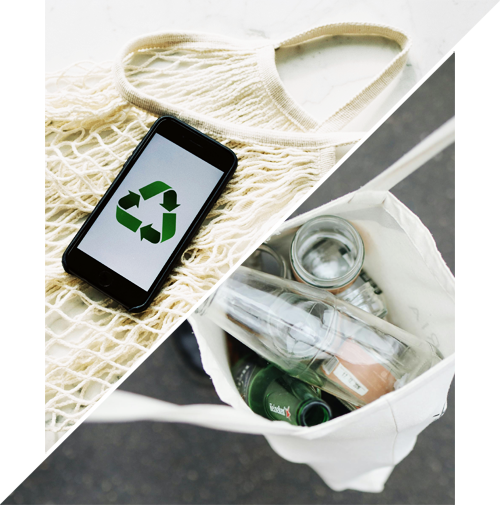
RoHS, which stands for Restriction of Hazardous Substances, is a regulation originating in the European Union. This law focuses on managing hazardous materials from production to disposal. Although RoHS was developed in Europe for EU member countries, it has inspired similar regulations in other parts of the world, including Asia (such as in China, Japan, and South Korea) and North America. Manufacturers dealing with hazardous materials must comply with RoHS in order to sell their products within the EU, making this certification essential for businesses. The process for achieving RoHS compliance is relatively simple and straightforward, ensuring companies can meet the necessary certification standards.
To become certified, companies must work with a third-party organization to provide test reports on their materials, material declarations from suppliers, and a Declaration of Conformity. The focus is on ensuring the materials used in manufacturing, handling, and distribution meet RoHS requirements.
These third-party organizations test for specific hazardous chemicals, such as lead, mercury, cadmium, hexavalent chromium, polybrominated diphenyl ethers, and polybrominated biphenyls.
Benefits of RoHS Certification:
- Improved Communication Across the Supply Chain: RoHS facilitates better communication within the supply chain, laying the groundwork for other initiatives like REACH.
- Better Process Control: It helps companies achieve tighter process control, reducing defects and improving overall production efficiency.
- Increased Global Workforce Skills: RoHS encourages retraining and knowledge transfer, particularly to Asia and developing countries, thereby enhancing the global workforce's skill levels.
- Environmental Impact: By reducing hazardous materials in electronic waste (WEEE), RoHS contributes to less contamination in landfills and promotes recycling, as lead-free solder often contains valuable metals like silver and gold.
- Influence on Other Sectors and Countries: The success of RoHS places pressure on other industries, such as aerospace and IT, and countries like China and Korea to adopt cleaner manufacturing processes.
- Competitive Edge for EU Manufacturers: European manufacturers gain an advantage in markets where RoHS-like legislation is being considered or is in the process of being implemented.